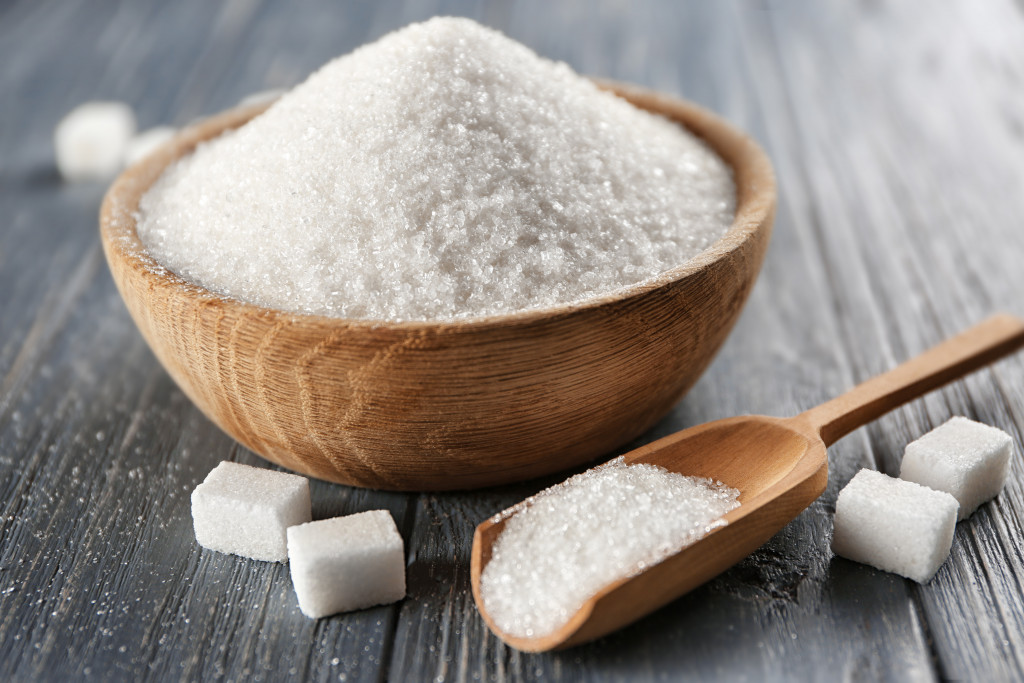Cavities are a common dental problem, but what exactly are they? A cavity is a small hole in your tooth that can cause significant problems if left untreated. It’s a common dental disorder affecting a majority of American adults. However, not many of them know why it happens. Here are five of the most common reasons people get cavities.
Not Brushing Regularly
One of the most common reasons people get cavities is because they do not brush their teeth regularly. Plaque is a sticky film of food debris and is home to unhealthy bacteria. It will harden if plaque is not removed regularly through brushing and flossing. This is known as tartar, and its build-up leads to cavities because it promotes the growth of harmful bacteria that breaks down tooth enamel.
However, many people don’t know that brushing too much can lead to cavities. When you brush too hard, you can wear down your tooth enamel, making your teeth more susceptible to cavities. Use a soft-bristled toothbrush and gentle circular motions when brushing. Additionally, you should brush twice a day but never more than that.

Eating Too Much Sugar
Sugar is a significant contributor to cavities. When you eat sugary foods, the bacteria in your mouth feed on the sugar and produce acid. This acid then attacks your tooth enamel, causing cavities. The more sugary foods you eat, the more acid is produced and the greater the risk of cavities.
Drinking Too Much Alcohol
Drinking too much alcohol can also lead to cavities. Alcohol is a sugar substitute and can promote the growth of harmful bacteria in your mouth. It can also cause dry mouth, which leads to an increase in cavities because there is less saliva to wash away food and neutralize the acids produced by bacteria.
Dry Mouth
Saliva helps protect your teeth from cavities because it washes away food particles and contains minerals that strengthen tooth enamel. People with dry mouths have reduced saliva flow, which puts them at a higher risk for developing cavities. A dry mouth can be caused by certain medications, medical conditions, or simply not drinking enough water throughout the day.
Wearing Inappropriate Mouthwear
If you wear dentures, retainers, or any other mouth wear, you may be at a higher risk of developing cavities. This is because these devices can trap food particles and bacteria against your teeth, which promote the growth of plaque and tartar. Be sure to brush dentures daily and soak them in a cleansing solution overnight. Retainers should also be cleaned daily with soap and water or commercial cleansers designed explicitly for retainers.
Cavities are a common problem among adults and the elderly. However, you can avoid it by doing these preventative options.
Replace Missing Tooth
A missing tooth can be a haven for food debris and bad bacteria, which can lead to an increased risk for cavities. To avoid this, you should replace missing teeth. Teeth replacement services can handle this job. They can implant new teeth in the jawbone or fit a denture or bridge over the gums. It’s a great option if you don’t want to wear something like dentures, which can lead to cavities over time.
Change Your Diet
What you eat can affect your risk of cavities. As stated earlier, sugary and acidic foods break down tooth enamel and promote the growth of harmful bacteria. To avoid this, you should limit your intake of sugary and acidic foods. You should also eat more crunchy fruits and vegetables like apples and celery. These foods help increase saliva flow, wash food particles, and neutralize acids.
Avoid Alcohol
Alcoholism is a common problem in the United States. It’s estimated that about 25% of Americans participate in binge drinking. Alcohol can damage your teeth, and the moment you start drinking more, you’re susceptible to cavities and other dental disorders. Here are ways you can decrease your alcohol intake:
Support Groups
One of the most common ways to reduce alcohol intake is to join a support group. There are many different types of these groups, and you can find one that meets your needs.
Therapy
There are multiple therapies for those who have a drinking disorder. One common therapy is cognitive-behavioral therapy. This type of therapy helps you understand your thoughts and behaviors surrounding drinking. It deals with drinking disorders by aiming to reshape the person’s reward system, which is connected to intoxication.
Medications
Some medications can help reduce alcohol cravings. These include acamprosate, disulfiram, and naltrexone. However, these should only be used under the care of a medical professional.
Detoxification
Detoxification is the process of cleansing your body of alcohol. You can do it at home or in a facility.
Cavities are common, but you can avoid them by taking preventative measures. The measures can ensure that you can keep your smile for years.